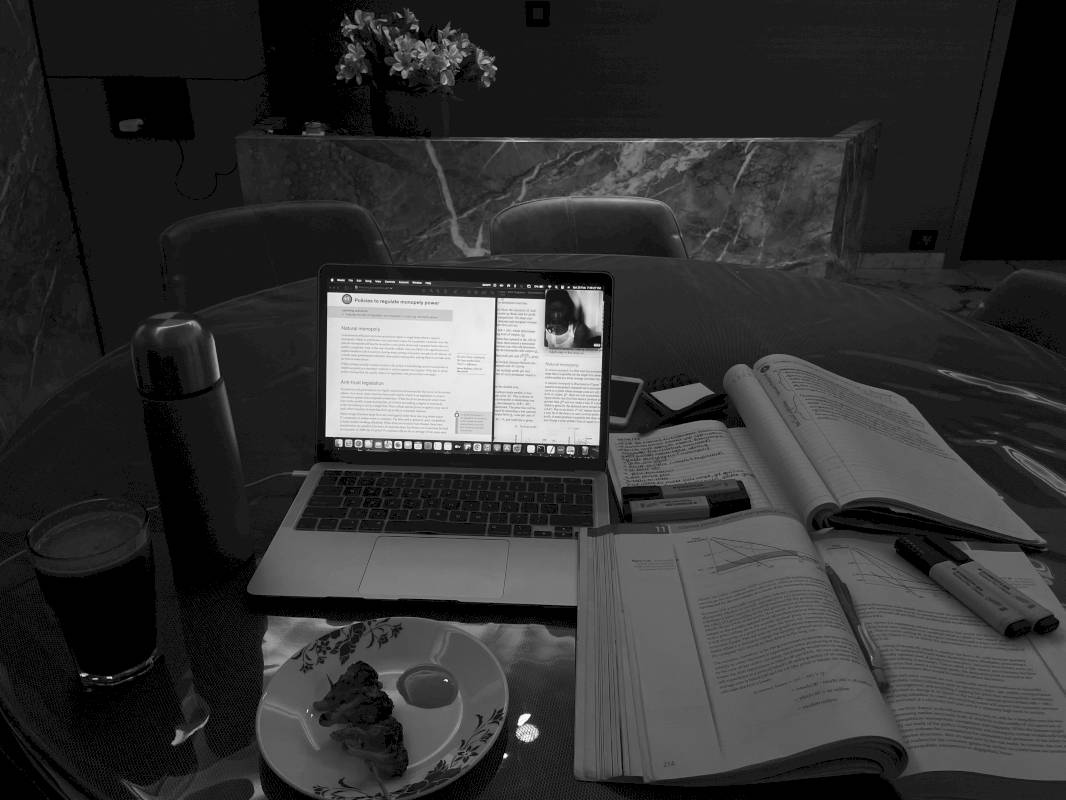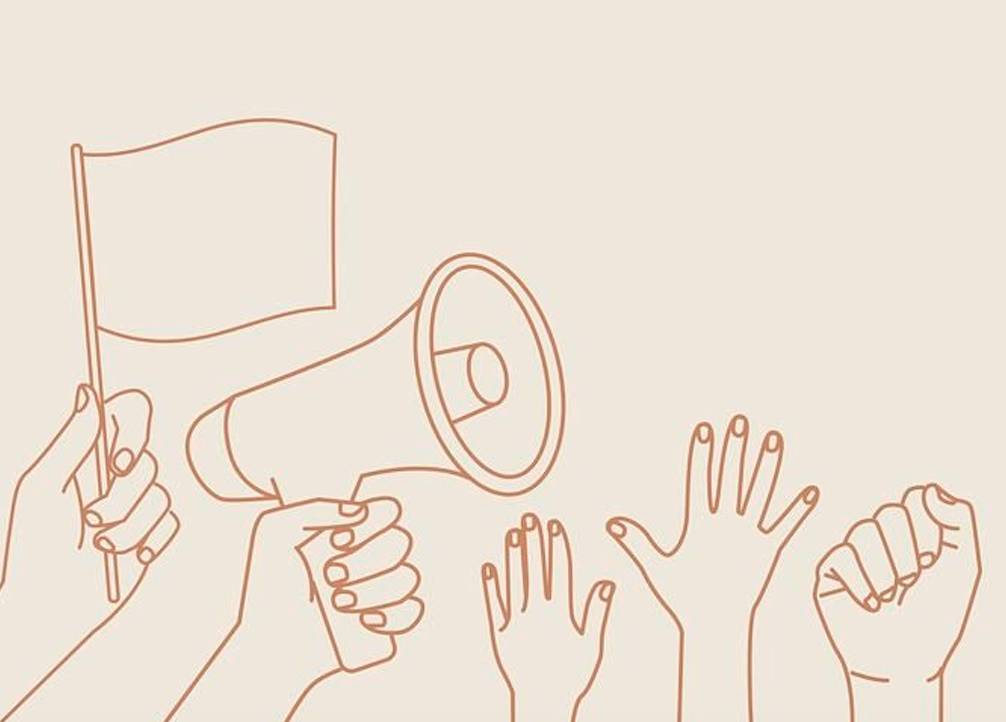
HOW TO STOP PROCRASTINATING
How to Stop Procrastinating
The majority of high school students have used the word "procrastination" multiple times on social media or in everyday speech. Procrastination's actual meaning is created by merging it with the definition of the term "akrasia," which gives it a little more depth and explanation. This depth is necessary to combat the casual connotation that this word's current usage gives it or creates for it. Procrastination is the act of delaying certain tasks, which happens when one is in a state of mind in which one acts against one's better judgement through a weakness of will. The answer to the problem is in the definition itself so, let's break it down. It's the act of delaying certain tasks, right? So, the first step is to determine where this task falls on the importance scale. I’m not saying you can do the task on another day because, let's be honest, 99 percent of the time, later or tomorrow never comes. When it becomes "today," you push it back to "tomorrow," so it gets lost somewhere or gets done extremely last minute. That's when there’s tonnes of pressure, there’s no choice left, and you’re cutting it way too close to the deadline and there’s no way we want that.

Depending on the importance of the task (like is it due in 2 hours, etc.), compare it to your mood and see if you can schedule it for the later half of the day. When making a to-do list for the day, make sure you balance easy and difficult tasks well to make yourself less burnt out. So, if the task can be done later when you probably actually feel like doing it, and right now you feel like doing another task, go for it! The goal is to simply replace tasks—replace as in switch two tasks and do the one you want to do right now. Inherently, you have no choice; you have to do both tasks, but at least you get to choose which one you want to do right now. This is what I mean when I say you have to figure out what works for you. Now let's say one is a more tedious task and one is a comparatively easier task. Some people may prefer finishing off the more difficult one first so they can feel lighter later, and some may prefer the opposite. It’s completely up to you, but make sure you do not eliminate a task because once you start forming the habit of postponing and removing minor tasks, they almost never get done.

Another thing you can do is spice up your minor but boring tasks. If you have to do things like the laundry, copy notes, wash the dishes, or clean your room, you can simply put on some music while doing those chores. I mean, come on, who doesn’t love hollering the lyrics to their favourite songs and dancing to some of them when alone? It's not like you have the time to party every week, but you can do a one-man bedroom karaoke jam session. The bonus is that it increases serotonin levels and reduces stress which a good mood booster overall. Minor multitasking, at its finest, won’t affect your productivity or efficiency too much. You can sometimes afford to lose a little bit of that.

The next part is your state of mind, etc. So, if you're tired, take a power nap, eat something, go for a walk to get some fresh air, and listen to music or watch an episode of your favourite show. You can do absolutely anything that helps improve your mood. Maybe call up a friend and catch up, or play a game with a sibling. If you’re stuck somewhere, take a pause, take a deep breath, meditate, and rekindle your motivation. Remind yourself of the reasons you are doing all this, why it's important, and what it could turn into in the future. Do you want that? Why or why not? What studying (putting in the hours) means to you and how it can help you achieve your goals in the future. Ask yourself if it's worth it to put off that future or goal that YOU have set for yourself because of minor issues like laziness, poor time management, and so on. It can easily be dislodged if you try.

I'm not claiming that doing these things always works or that they will instantly fix everything. But, try these things and see what works for you; trust me, even a little bit of difference can save you a lot of stress, time, and energy. If your will is weak, it's not going to get you anywhere; it's your job to try and make it stronger. And it's okay if you procrastinate on some days; not every day can be as productive, but the main thing is to stop making excuses unconsciously; don't put your dreams on hold for a little extra relaxation and avoidance.You’ve got this! Just remember to remind yourself of the reason behind all this and how accomplishing these little tasks will help you accomplish a much bigger one. Oh, and remember to appreciate and reward yourself afterward, as well as to take small, well-timed breaks in between.You’ve got this! All the best!!!

Check out some of our other articles here!






